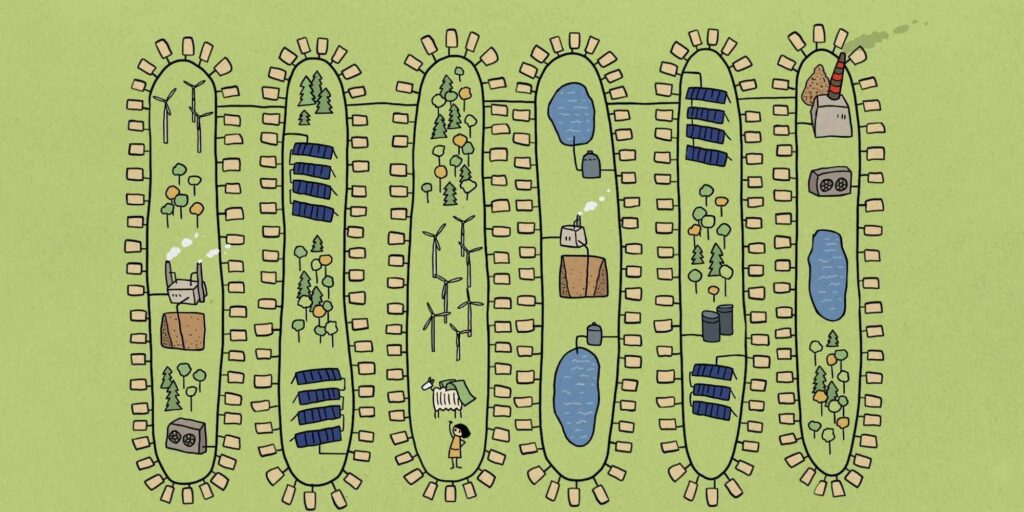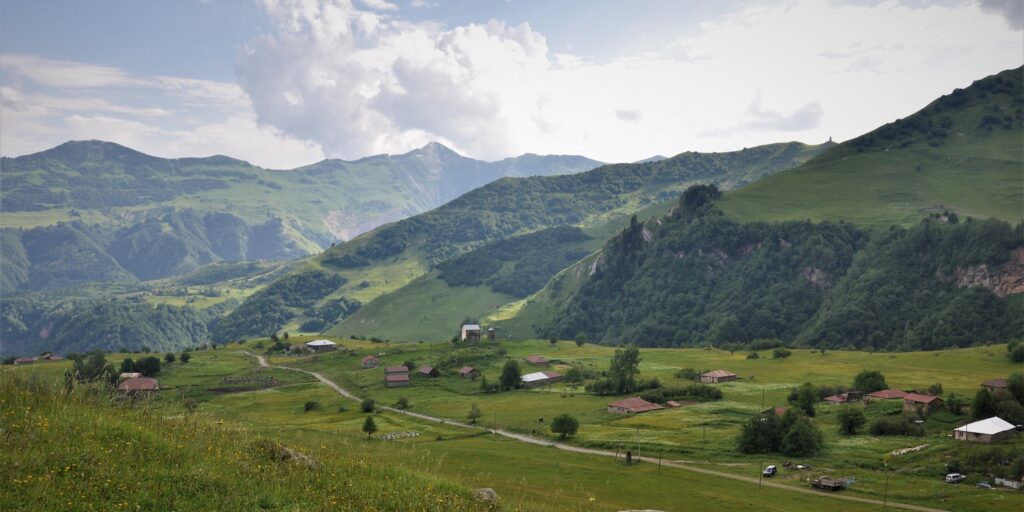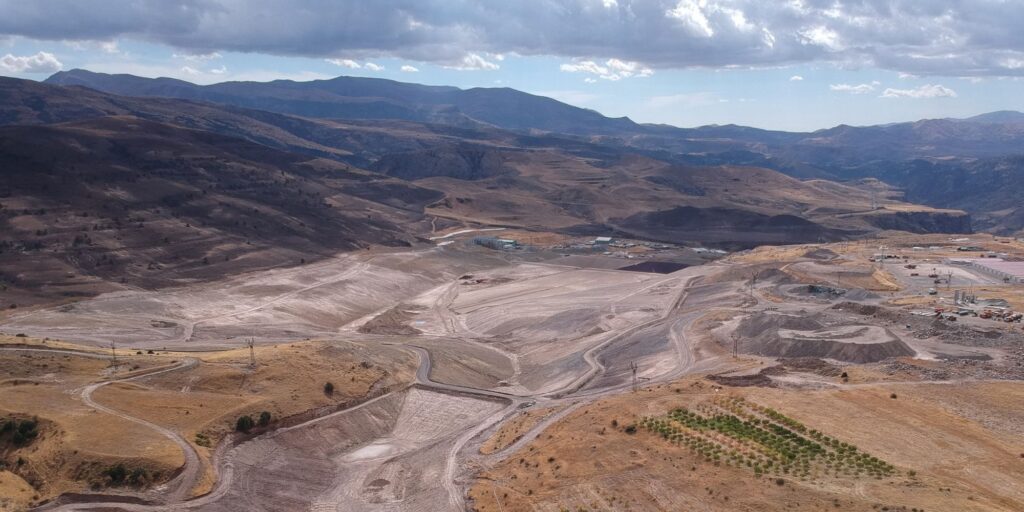From a grassroots to the international level …
We’re the largest network of grassroots, environmental and human rights groups in central and eastern Europe.
We monitor public finance institutions that are responsible for hundreds of billions of investments across the globe. The banks and funds we watch are often obscure but always important entities that function outside public scrutiny.
Together with local communities and other NGOs we work to expose their influence and provide a counterbalance to their unchecked power. We investigate the impacts of public finance, work with affected communities and local organisations across the world and help them protect their rights and livelihoods. We make sure their stories are being told in Europe’s power centers.
We regularly meet representatives of the institutions we monitor and we’re in Brussels, too, doing our bit to make Europe a fairer, cleaner and sustainable place.
Alternative news
We expose the risks of international public finance and bring critical updates from the ground.
We believe that the billions of public money should work for people and the environment.
CAMPAIGN AREAS
INSTITUTIONS WE MONITOR
OUR PROJECTS

District heating
Winters have become a stark reminder that we need to speed up the energy transition. In central and eastern Europe and the Western Balkans, district and individual heating are still dominated by polluting, expensive fossil fuels and other unsustainable energy sources. Europeans deserve warm homes without having to fear exorbitant energy bills, chronic air pollution or an out-of-control climate crisis. More national and local governments need to utilise European public finance to tap the massive potential of various renewable energies to power district heating systems so we heat homes, not the planet.
Read more
The Khada Valley, Georgia
The Khada Valley in Georgia brings together exceptional biodiversity, precious cultural and archeological heritage, and mountainous villages which have preserved rich traditions and historical lifestyles. But all of this might vanish if a 23-kilometer road from Georgia to Russia – the Kvesheti-Kobi project – is built.
Read more
ARCHIVED: Minerals mining and supply chains
Global demand for minerals and other critical raw materials is intensified by the just transition to renewable energy and the digital transformation agenda. Therefore sustainable supply chains of minerals are fundamental to addressing the climate crisis and the Covid-19 crisis that humanity is facing today. The European Union needs to innovate and find solutions to achieve its circular economy and resource use reduction objectives and to meet the demand of EU’s industry and consumers, while still protecting communities and nature threatened by mining.
Read more